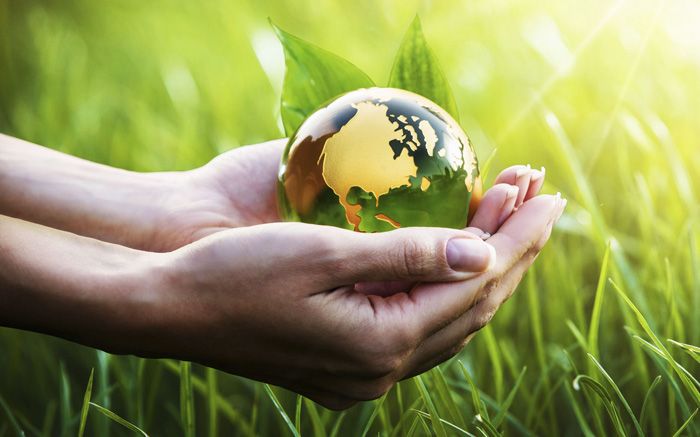Rethinking Lifestyle
Reduce, Reuse

I’m old enough to remember when milk came in reusable bottles. The milkman came by every morning, bringing full bottles of milk, and picking up the empty bottles. I can remember when soda drinks came in glass bottles, and the price of the drink included a deposit on the bottle. That deposit was enough to ensure that few of these bottles got to the landfill or were left on the roadside. If the purchaser of the drink did not return the bottle for the deposit refund, there were lots of people who would collect bottles for refund. Single use coffee cups were unheard of, as were throw-away plastic toys.
Plastics were not common at that time and nobody, then, could have anticipated that as plastics became more refined and more available, that plastic would become our major throw-away item. As the plastic manufacturing companies improved their plastic technology, they were also looking for ways to market their products. These companies came up with throw away products to contain water, milk, soda drinks, hot coffee etc., etc, etc. And we all found that it was remarkably cheap to make these containers and to use them.
The problem is that this “remarkably cheap [cost of] making these containers” was not the true cost of making these containers. What we, the final user, paid for these containers was only what it cost the plastic company to make the container, not the true cost. The true cost would include the cost of pollution, and some consideration of what future generations, generation who are not at the bidding table, would pay for this product. Specifically, when we now buy a jug of milk, we pay the plastic manufacturer what it cost to make the jug. But we pay nothing for the fact that the natural resource, in this case petroleum, is simply no longer there. It’s gone! It isn’t there for us, and it isn’t there for future generations. It’s gone!
Clearly it’s not practical for each of us to pay extra at the retail level for each throw-away product we buy, but it is practical for the state, (representing us) to charge the extractor – the plastic company in this case. that is extracting the resource from the planet. That company would then pass that cost on to us, the final user. But if that charge, that tax, is high enough, there can be significant incentives all along the supply chain for that disposable product inside the containing plastic, to move toward a way of delivering the contents of that container to the end user in a way that does not impoverish the planet. This is not hard to do, but it needs the political will. So if we want this to happen, we need, somehow, to communicate this to our politicians.
I cannot end this essay without pointing to two businesses that are, in their own way, reducing our use of throw-away containers. One is Stony Brook Creamery, owned by Jim and Angie Appleby which sells milk in reusable bottles at their site on Friedensfeld Road and a number of sites in Steinbach. And there is the new Milieu Market on Main street near Reimer, owned by Julia MacCharles. Milieu Market does not sell food. It focuses on soaps and other cleaning products we tend to buy in throw-away containers and use daily. If you are interested in living sustainably and throwing away less, both of these businesses are worth a visit.




